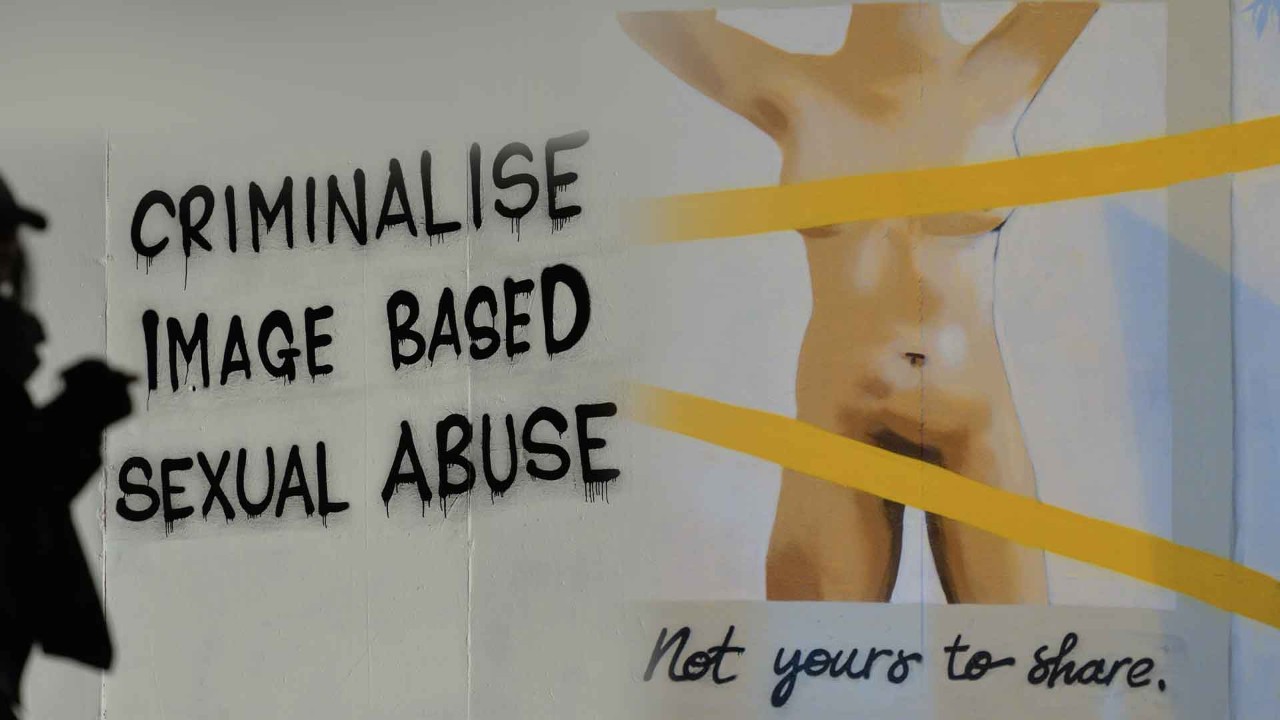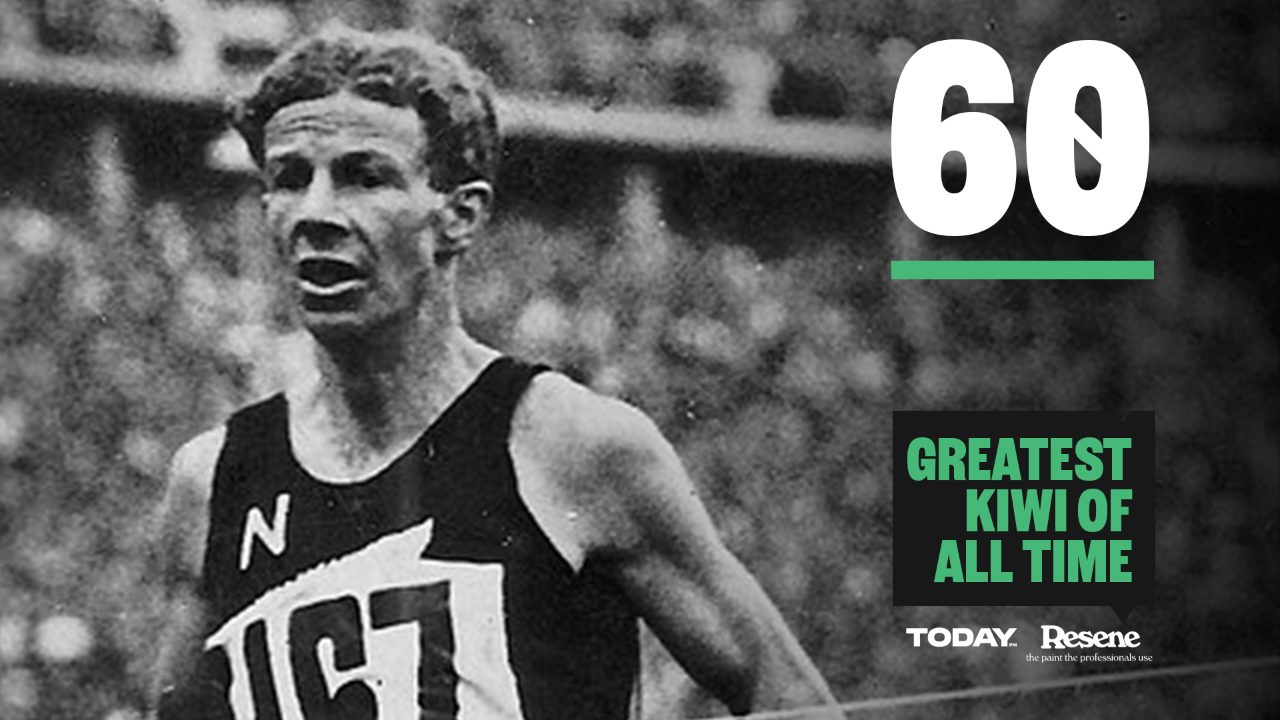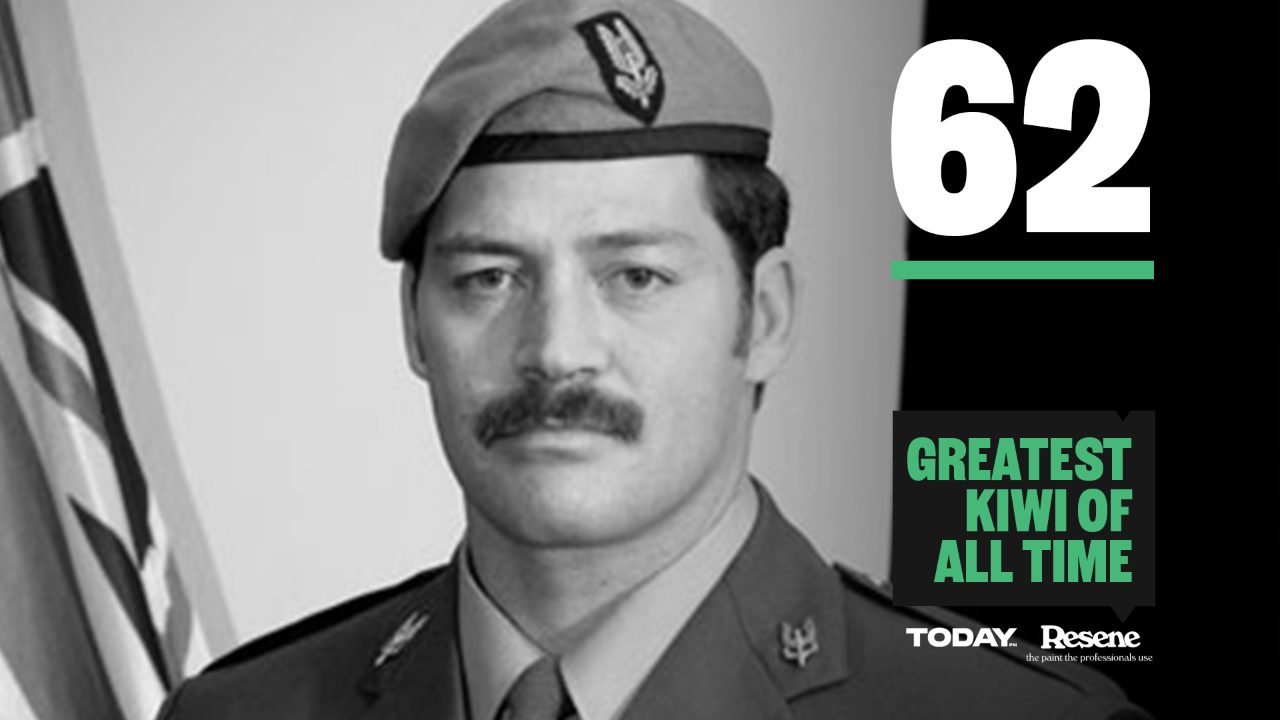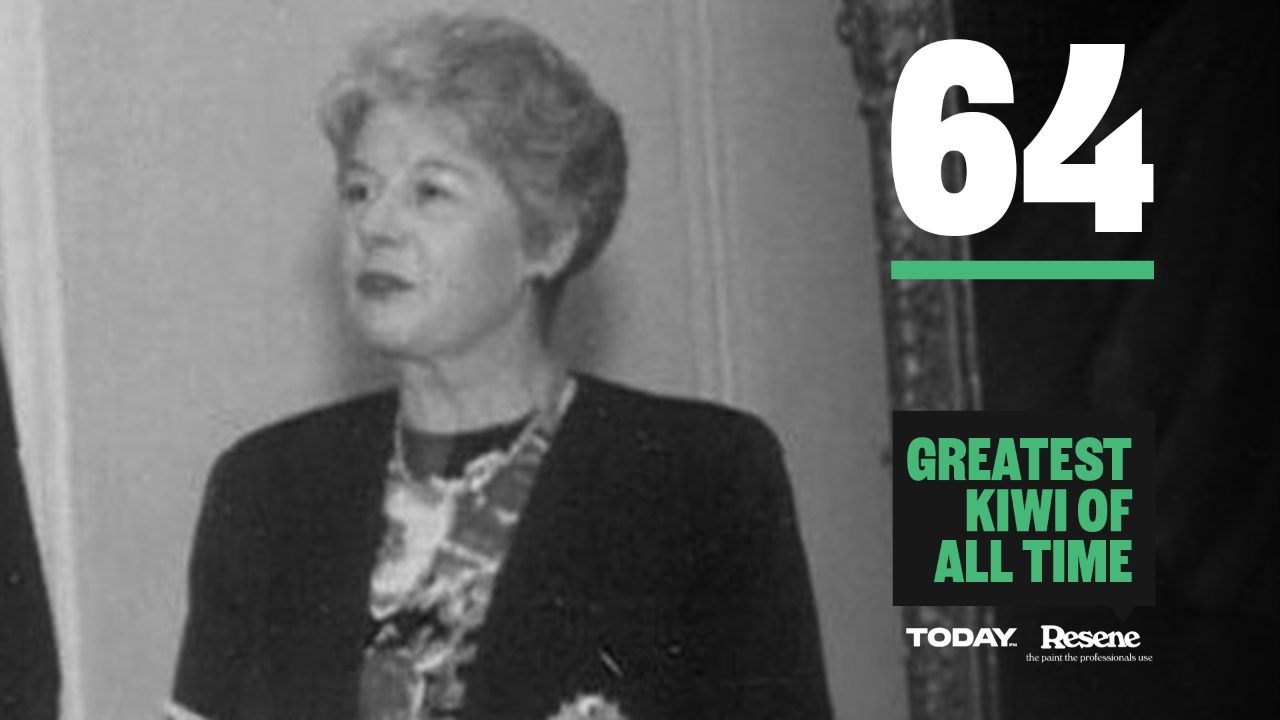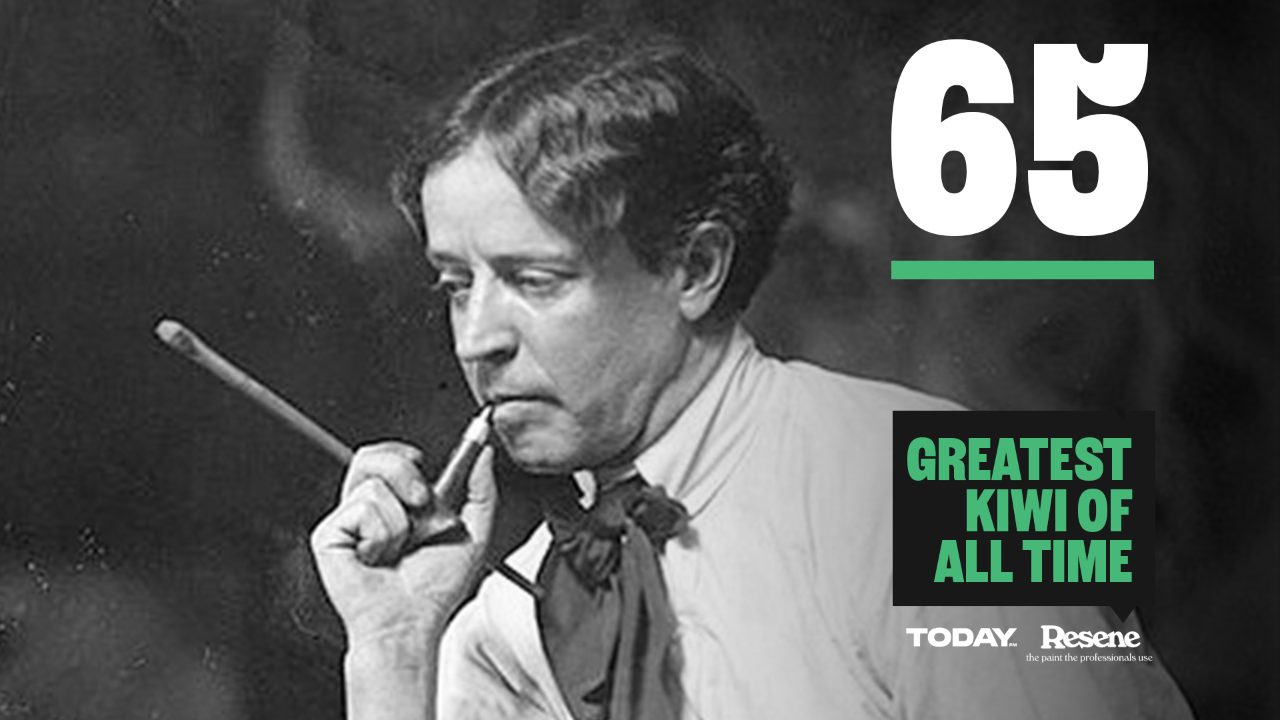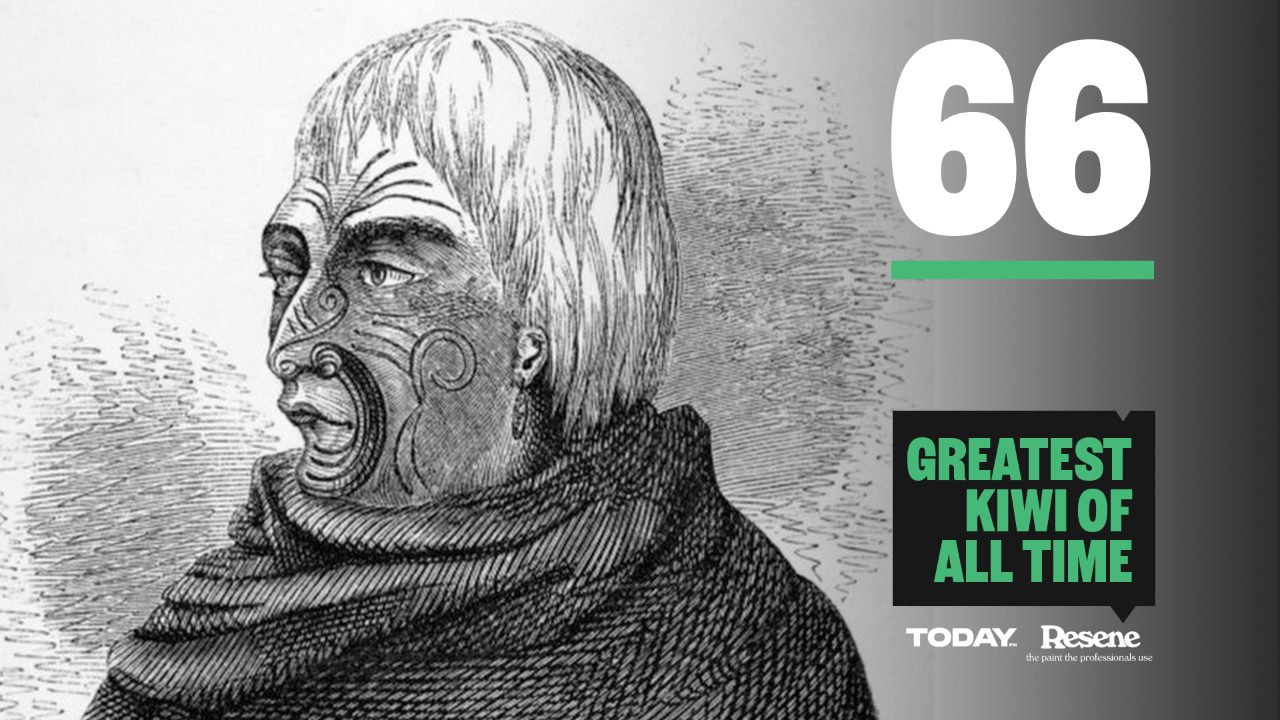'Chloe' was a victim of image-based sex abuse - known to most as 'revenge porn', after being coerced into making a sex tape in 2019.
"Even talking about it now it's quite hard, so you can only imagine how it was when it happened. It was that surreal feeling of going into shock. So, you know, your ears ringing and you're not quite sure what to do?
"I felt like my whole world had just fallen apart."
Unknown to her, the tape had been uploaded to Pornhub, and the first thing she did was a Google search of what to do.
"That's where I heard about Netsafe, it was one of the first things that popped up."
So, she picked up the phone and called them.
"They basically just said thanks for making the report. You need to contact the website directly yourself and ask them to remove it. Or you could contact the guy that's done it and ask him to remove them, which was completely out of the question for me."
'Chloe' told Today FM Investigates host Wilhelmina Shrimpton that she was left floundering.
Speaking in the new documentary UNSOCIAL MEDIA: Following the Trolls, she described the process as "Horrible, lengthy and no real answer of what to do."
The process Chloe took was one avenue through the Harmful Digital Communications Act.
Passed in 2015, the act gives powers to charge perpetrators of online abuse.
You can seek criminal action through the police, but in most cases, people take civil action through Netsafe - the approved agency for online harassment.
Chief Safety Officer Sean Lyons says there are several steps the agency follows.
"So our first function is to try and go through a process of persuasion, mediation and negotiation with the situation, both with the person that reports to us, but also with the person who's alleged to have produced that content."
"If we can't reach the person, perhaps we will talk to the platforms where the content is."
Lyons admits removing content isn't a silver bullet, but says it can go a long way in reducing harm.
But if all of the above fails, Netsafe can then provide a complaint summary that a victim can use to launch civil court action.
That's exactly what 'Chloe' did, but she says it wasn't easy.
"It was like jumping through hoops. So I had to do research myself, and I sent [Netsafe] the stuff. Then we had to have like a mediation between the two parties to see if we could resolve the matter. Before they would give me a summary."
She eventually got one, the content was taken down … and the man who uploaded her video was slapped with a cease and desist at the end of 2020.
But Chloe says dealing with Netsafe was a nightmare, and she felt re-victimised by the process.
"Just continually, over and over and over."
Chloe also approached the police.
"Police refused to press charges because they couldn't prove that he intended to cause me harm."
Victims advocate Ruth Money has supported many kiwis just like 'Chloe'.
"It's so hard to put into words how difficult it is for survivors to understand all of these legal requirements. It's an absolute minefield for everybody involved, including the lawyers.
"I've taken survivors to get legal opinions and to ask for help. And the lawyers don't understand it either."
She says the confusion starts with whether to take the criminal route or the civil one.
But even if victims choose police, Ruth says like 'Chloe', most are often referred to Netsafe.
"What Netsafe doesn't deliver though, is a proper investigative power. They're not investigative, the act doesn't allow for that, and they're not victim-centric."
Then there's a need to prove an intent to cause harm, and that you suffered 'serious emotional distress' as a result.
It's a threshold many believe is just too high, and too subjective.
"Why should you have to prove that you're suffering, people don't make things up."
"And if you are my judge, what's your threshold for serious harm versus someone else being my judge?."
Ruth Money says she's lost confidence in authorities and lawmakers and wants the legislation to change.
Auckland-based lawyer Arran Hunt agrees the legislation is in desperate need of an overhaul.
"It really isn't useful. It was created with good intentions, but at the time it was created, there were comments made in parliament by former Prime Minister Jacinda Ardern. She said this act is good enough for now, but it doesn't quite work right and needs to be looked at again."
That was back in 2015 and still hasn't happened.
"So the recommended process from the Law Commission was to have a tribunal sort of thing. It would take perhaps an hour for them to look through the papers, what was taking place."
"Instead, we have a process in which I have spent weeks in court on a single matter, dragging it out and just putting the victim through further and further harm."
"It shouldn't be a court process in the civil regime, it should be a tribunal."
A minor change was made to the law last year which removed the need to prove intent or harm for cases of 'revenge porn', but not other types of digital abuse.
As for Netsafe being the nominated agency to deal with complaints, Arran Hunt says he can't see a viable alternative.
"Netsafe is applying the rules that they were given. And I think that they are doing a reasonable job, but a very difficult job."
Netsafe's Sean Lyons says an ongoing review of the legislation is welcome, but right now he thinks it's in the best shape it could be.
"I think there are situations where it doesn't sit, but I don't think it was designed to cover everything."
"We're not an agency of investigation, and we're not an agency of victim advocates. But I think the position for New Zealand internet users now with the act is better, absolutely better than where it was before we had the act."
You can watch the full documentary UNSOCIAL MEDIA: Following the Trolls above.
SIGN UP TO OUR NEWSLETTER.
Stay in the loop on some of the most important things happening at Today FM - whether it be the biggest news stories, host opinions or the latest on what you need to know about happening on air and on our website. Sign up here.

